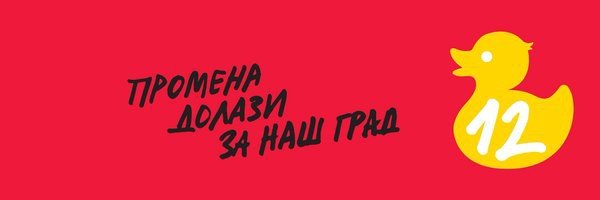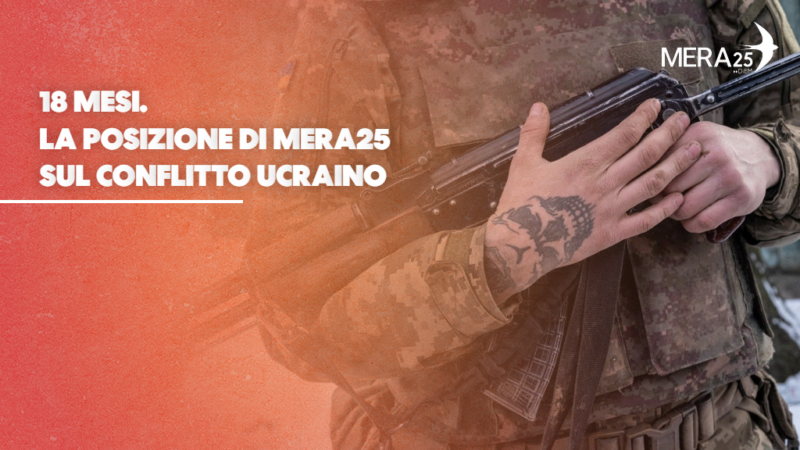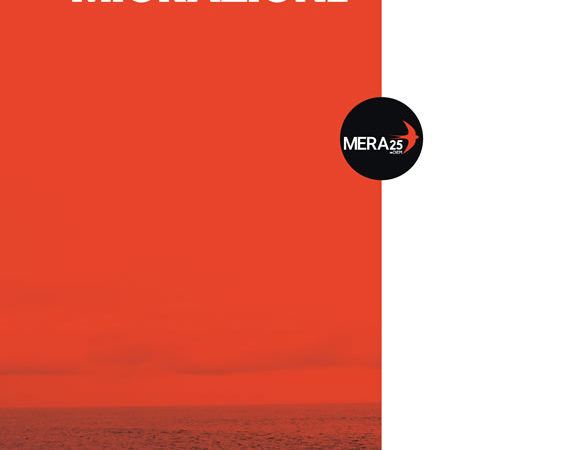Last week, we invited you to imagine an election in which a grassroots initiative challenged an establishment under strict media control. Yesterday was the D-Day: the day our policies were tested at the ballot boxes. Preliminary results say Don’t Let Belgrade D(r)own didn’t make it to the City Council, winning 3.5% of the popular vote (some 30 000 votes). But while the final result may not sound impressive, it marks a major victory for movement in the context of Belgrade’s twisted electoral situation.
At a very low turnout of 50.8%, only four lists (out of 24!) made it to the City Council, with the ruling Serbian Progressive Party (SNS) winning 45% of votes, and its coalition partner 6% (total of 51%). Furthermore, only two more lists, one of which is Don’t Let Belgrade D(r)own, gained more than 3% of support (that leaves 18 parties at less than 3%). The sky-high result of the SNS is even more astounding considering the fact that Belgrade is generally known to be their weak point.
To be sure, there were irregularities. Consider the ballot boxes. An independent observer, CRTA, noted that there are 8% of polling places with irregularities that could influence the outcome of the vote. All the while, the City Election Commission (CIC) claims there were no “serious irregularities”, and president Vučić states that these were “the most regular and most transparent elections in the last 20 years”. Some of the irregularities that CRTA mentions are: keeping parallel list of voters in the polling places (explicitly forbidden to safeguard the secrecy of the voting process); people in front of polls taking note of those who went to the ballot boxes (indicating voter fraud); collective voting of underprivileged communities (particularly the Roma people); physical violence against CRTA’s own observers and denial of access to certain polling places.
Unofficially, the list goes on, with the SNS targeting the needy to great effect. In the climate of austerity measures, a ban on employment in the public sector and general pauperization, SNS created a party army with contract jobs that offer no more than 200-300€, but which are obliged to attend party rallies, comment news and posts on the internet, and vote for them in the elections (with the entire family and the obligation to collect up to 30 “secure votes”). Poorer voters — the unemployed, as well as the Roma — receive one-time payments of 20-50€ to vote for SNS. Party soldiers are at the ballot boxes keeping track of their diligence, and instilling fear in already desperate and dependent people.
The key word of this election, therefore, is fear. Fear of the blackmailed people that they would lose their (very modest) livelihood if they did not do their electoral duty. But an equal and opposite fear of what would come next if SNS stays in power. The latter is deployed often by the establishment to advocate for the “lesser evil” narrative against genuine alternatives – such as Don’t Let Belgrade D(r)own.
In this way, they created a self-fulfilling prophecy: that Don’t Let Belgrade D(r)own won’t fare better than 5%, leading to citizens’ reluctance to vote for the Initiative, and maintaining the status quo that politics belongs to the politicians.
When we put all these parameters into the equation, numbers become a bit more relative. Those 3.5% are 30 000 votes for the policies, without fear and without compromise. Furthermore, Don’t Let Belgrade D(r)own was the only citizen-led initiative, and the only one not going as a coalition of multiple parties. It fared far better than most old opposition parties, including the once biggest and most powerful Democratic Party (DS). With very limited resources, virtually no access to media, loose infrastructure and entirely voluntary activist base, the Initiative managed to establish itself as one of the most relevant opposition forces in the city. So while this might not have been an electoral victory, it was a victory of an idea.
What is to come next? For Don’t Let Belgrade D(r)own and DiEM25, the fight continues. We did not start practicing politics for or because of the elections. They are merely one of the places where the political struggle takes place. Just like the following elections in Greece, where ΜέΡΑ25 will have its launch, or those for the European Parliament in 2019. As far as we’re concerned, this is just another Monday. But one when we woke up richer for an invaluable experience, ready to move forward.
Carpe DiEM!
Milena is a member of DiEM25 DSC Belgrade 1.
Volete essere informati delle azioni di DiEM25? Registratevi qui!




